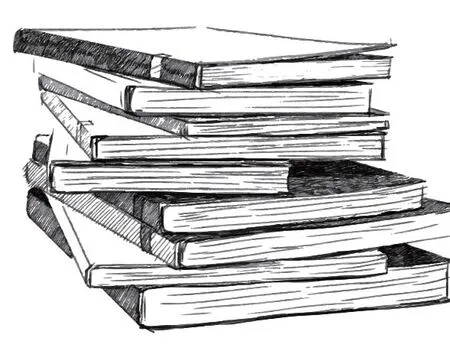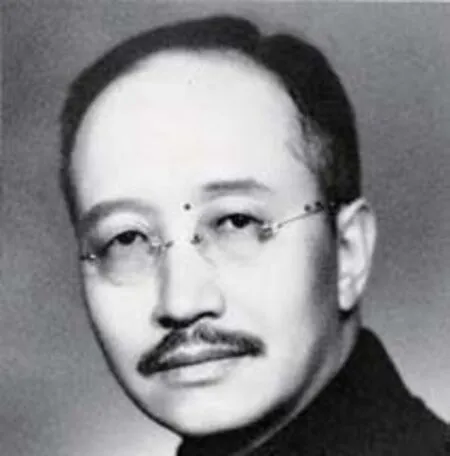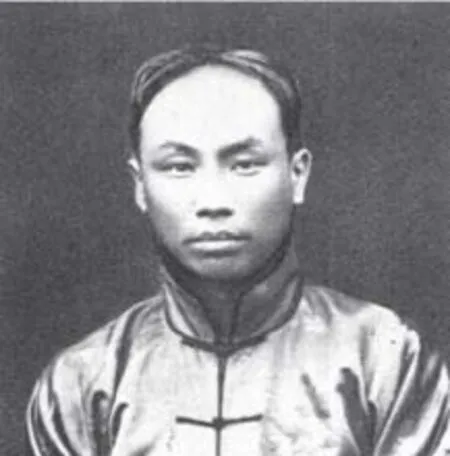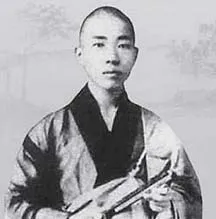Three Bookworms’ Feast
2017-07-03ByYuXianbin
By Yu Xianbin
Three Bookworms’ Feast
By Yu Xianbin
One year during the Republican Era of China, three men set off across the ocean and met in Japan. Likeminded, they became friends and rented a room together. Every day, the three read books, wrote articles and talked together about current events. Later, these three men became heroes of the Republic of China. They were Chen Duxiu¹, Zhang Shizhao² and Su Manshu³.

They were best friends who studied together with a voracious appetite for books, but they had a major problem in their lives: they were terminally short of money.
At one time, they had no more food to eat and looked almost skeletal. They searched desperately for something …anything to eat, but came up emptyhanded. When they looked at each other, they envisaged a solution to their financial woes. The weather was warming, so they had no more need for their coats. Chen Duxiu suggested they would sell them for money to buy food.
Zhang Shizhao and Su Manshu were all for it.
They took off their coats, left with just a single layer.
Who should go to the pawnshop? After discussion, they finally agreed that Su Manshu should, as he was the youngest. He agreed. Chen Duxiu andZhang Shizhao started reading in the room again, and despite their growling stomachs, the pangs of hunger didn’t bother them at all, because they had hope.
They kept waiting till sunset, but Su Manshu had not returned yet.
The moon rose and the land was covered in silver moonlight, but Su Manshu had still not returned.
Chen Duxiu guessed that it must be difficult for Su Manshu to carry too many delicious foods, and that he had stopped to eat some first. Zhang Shizhao shook his head. He believed that Su Manshu must be out trying to buy the best he could, so it was taking longer than expected.
The more they talked, the hungrier they got, and the more they hoped that Su Manshu would hurry up.
At midnight, a knock on the door roused them.
Chen Duxiu scrambled to open the door, it was Su Manshu who held not sacks of sustenance, but a single book. He looked excited and was panting like a dog in heat. It turned out that after Su Manshu had acquired the money from selling their coats, he found a bookstall that stocked a book he wanted, so he picked it up and read it. It was not until very late when the stall owner was about to leave that he got anxious and shouted, “I will buy this book.” So, he coughed up the money and left.
Zhang Shizhao was anxious and asked him about the rest of the money. Su Manshu shook his head and said he gave it all to the stall owner. Moreover, he was worried that it would not be enough and the stall owner would refuse to sell, so he just threw the money down and ran all the way back. Proudly, he showed the book to them and said, “I have looked for this book everywhere. Now I have it.”
Su Manshu walked in, sat down and continued reading, completely enraptured by the book. Chen Duxiu and Zhang Shizhao walked over, squatted on either side and started reading with him. Over time, they became so immersed in the book that they forgot they were even hungry.
The lamp stayed on all night long that night. The next day, it was not until some friends brought them some money that the book’s enchanting spell was broken, whereupon the three men found themselves faint and weak from starvation.
(FromResonance, April 2016. Translation: Trans)
Note:

1. Chen Duxiu (1879-1942) was a Chinese revolutionary socialist, educator, philosopher, and author, who co-founded the Chinese Communist Party (with Li Dazhao) in 1921, serving from 1921 to 1927 as its first General Secretary. Chen was a leading figure in the anti-imperial 1911 Revolution and the May Fourth Movement for Science and Democracy.

2. Zhang Shizhao (1881-1973) was a Chinese journalist, educator, politician of the early 20th century known for his advocacy first of revolutionary cultural values in the period leading up to the 1911 Revolution and then of traditional Confucian culture in the following years.

3. Su Manshu (1884-1918) was a Chinese writer, poet, painter, revolutionist, and a translator. Born as Xuanying in Yokohama, Japan, he later adopted Su Manshu as a Buddhist name. Though often regarded as the first original C hinese romanticist, he was also involved in revolutionary activity against the Qing Dynasty.
